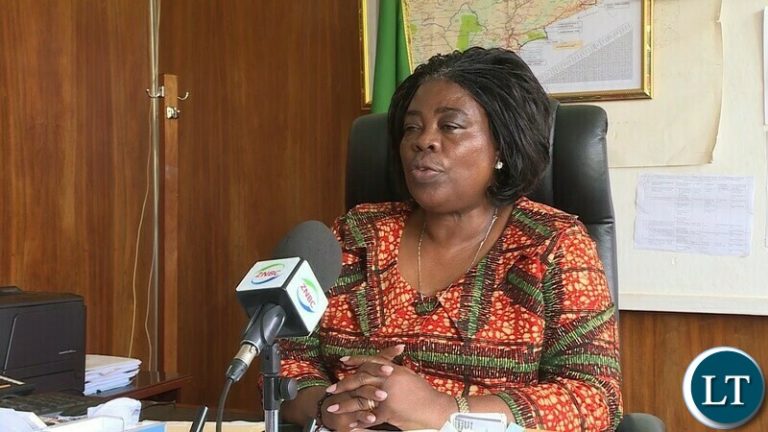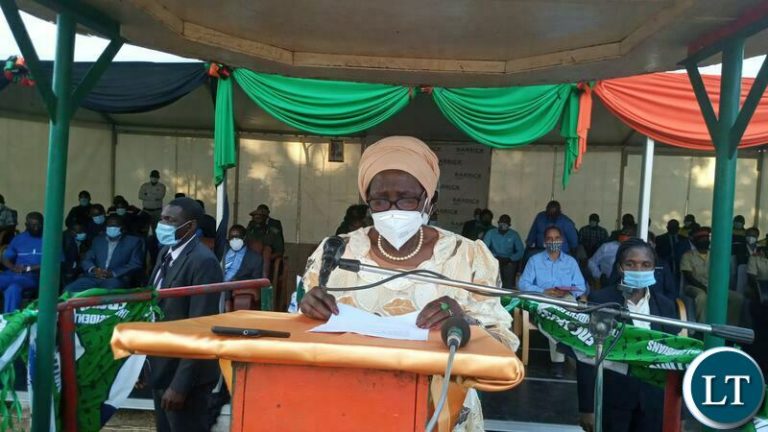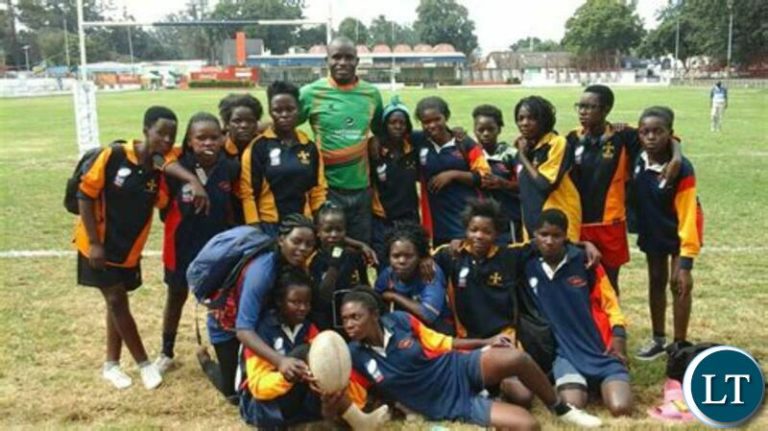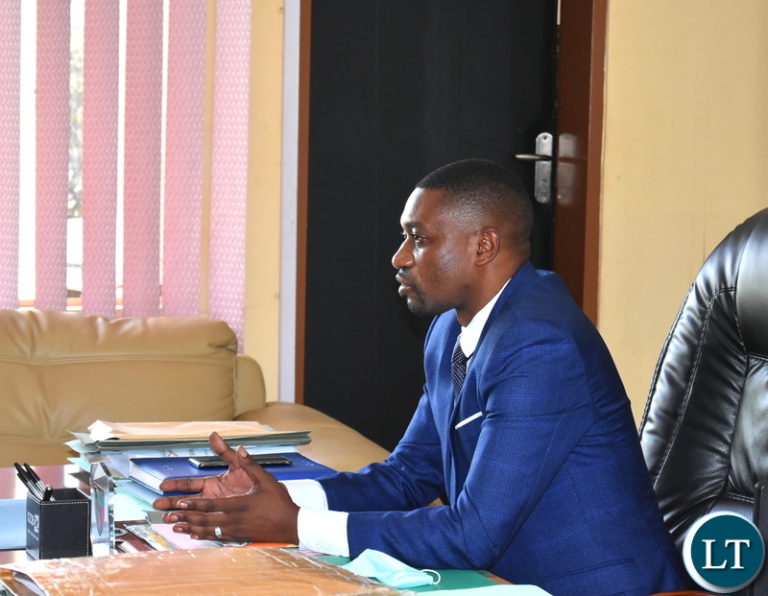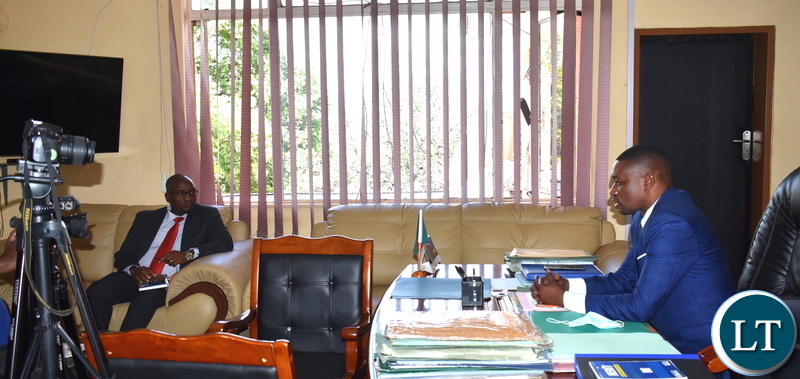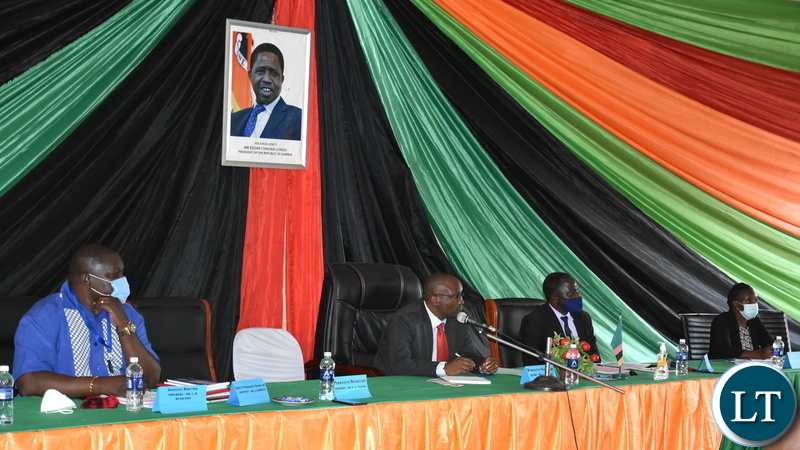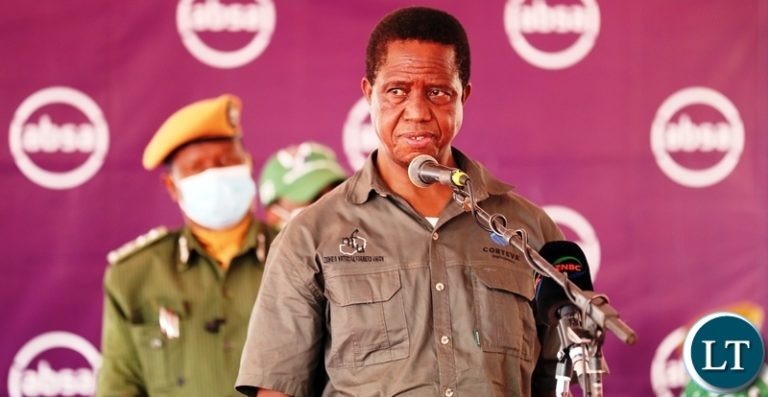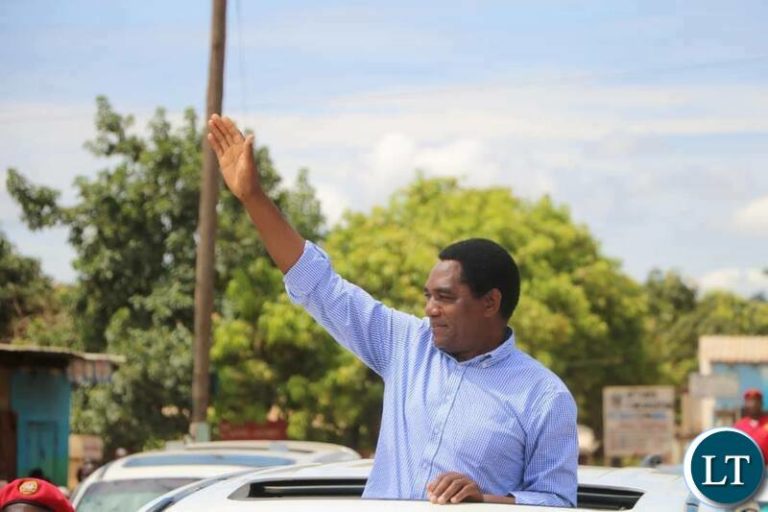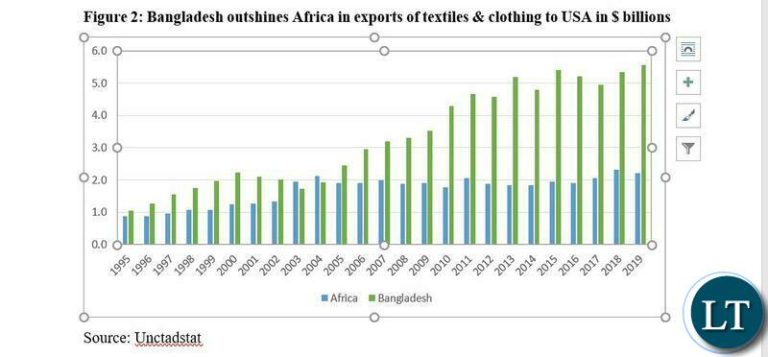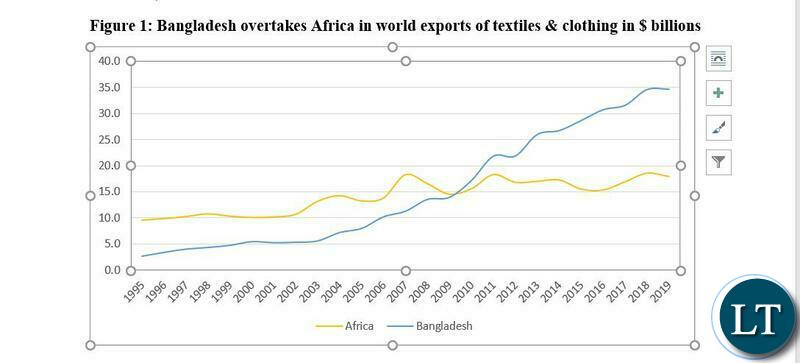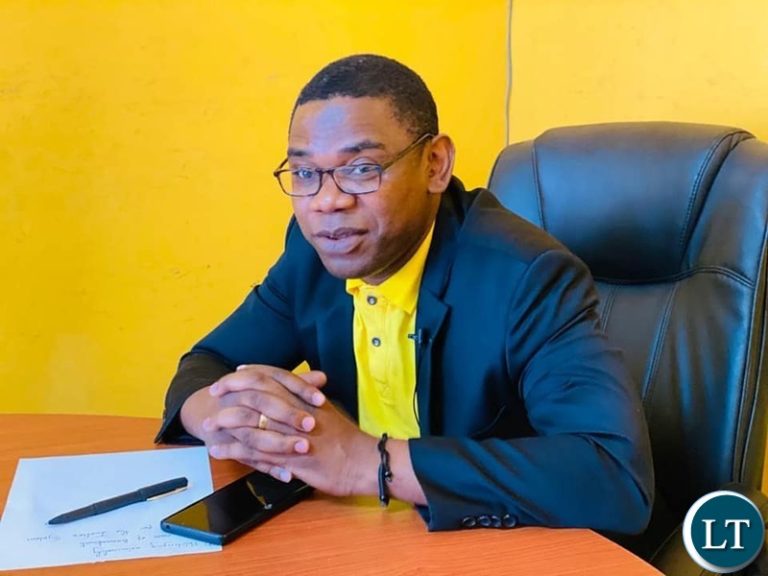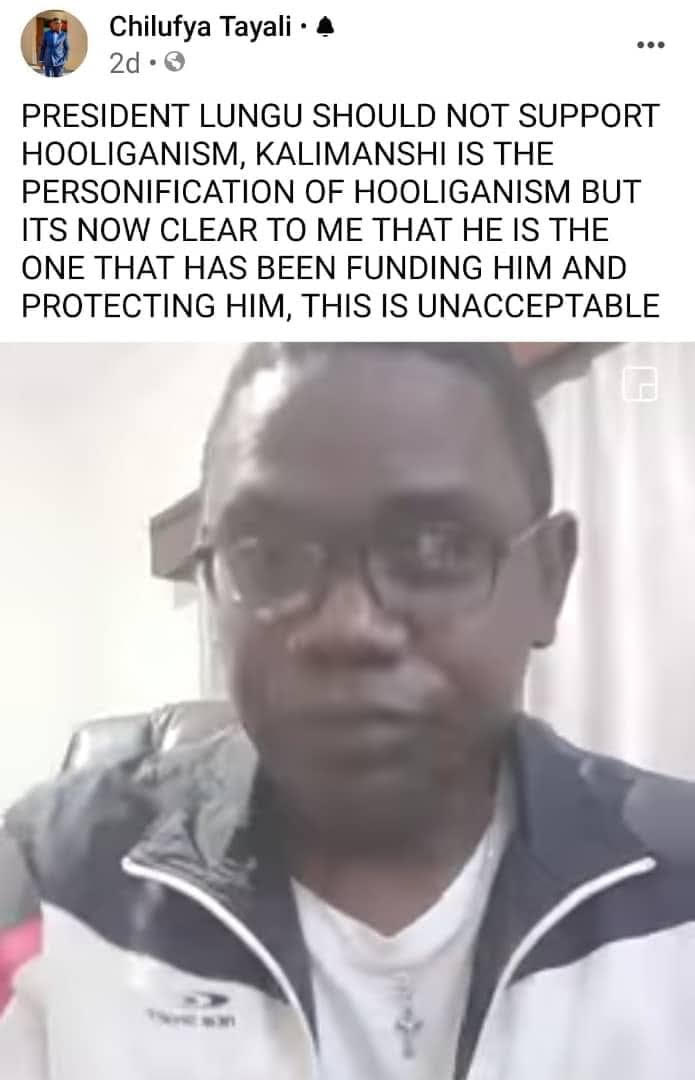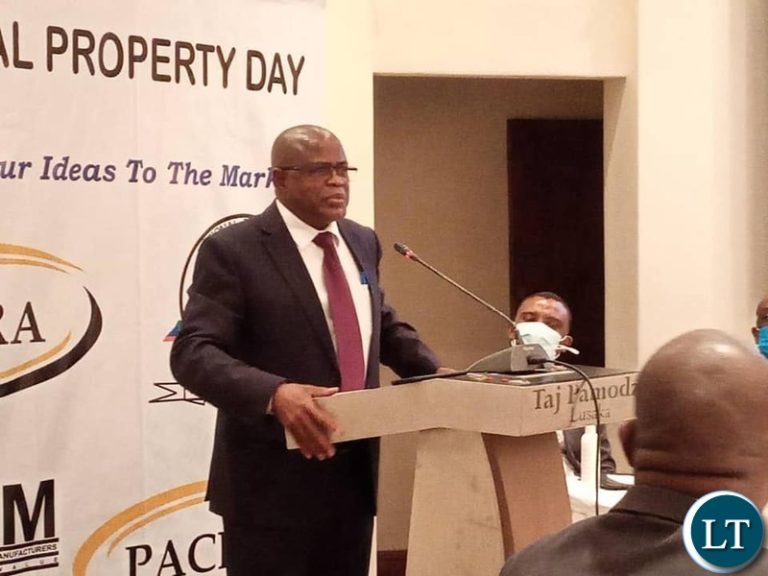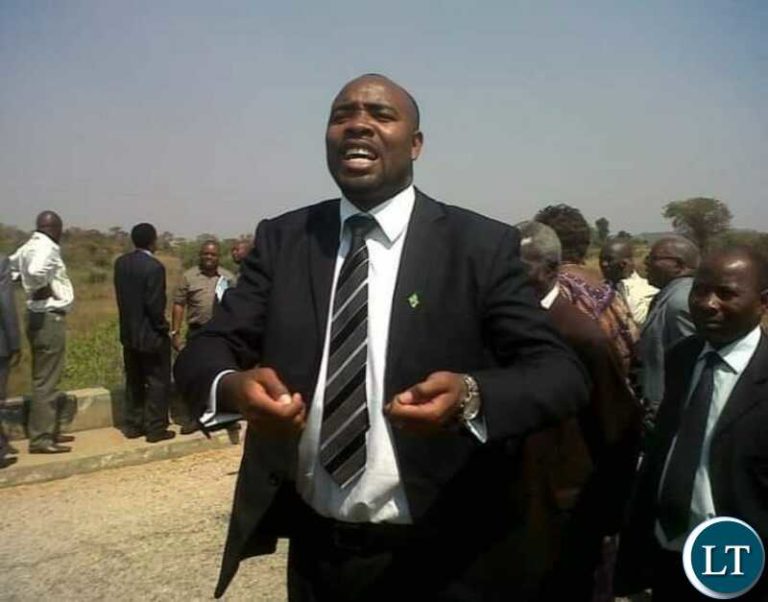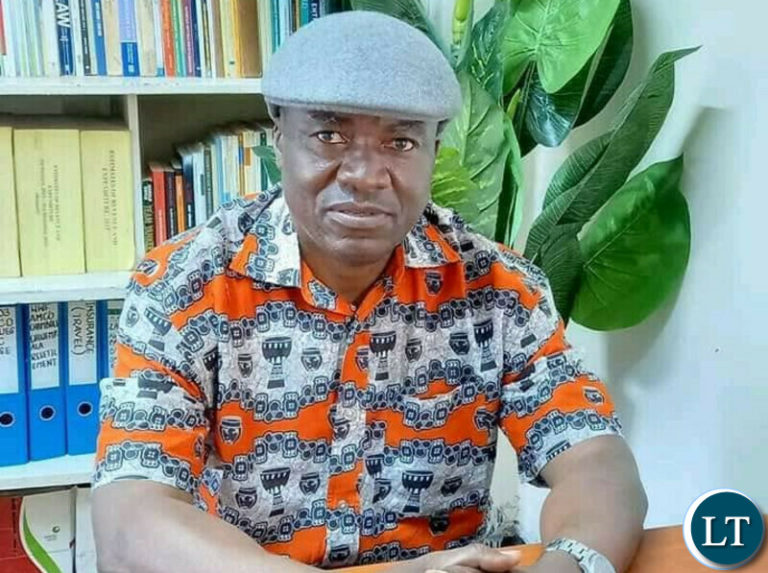The Ministry of Transport and Communications has proposed the construction of the Kafue-lion’s den railway line, to run from the Neganega area to the lion’s den in neighbouring Zimbabwe.
Team engineering company lead consultant Brian Nkandu disclosed this during the stakeholder’s consultation scoping meeting for the environmental social impact assessment of the Kafue to Chirundu railway link project in Chirundu district.
Mr Nkandu explained that the railway line will be 304km long from Zambia to Zimbabwe with Zambia covering 95 kilometres from Kafue to Chirundu.
“The Kafue-Chirundu railway line lies in Lusaka and Southern provinces, traversing over four districts namely Kafue, Mazabuka, Chikankata and Chirundu districts before crossing into neighbouring Zimbabwe,” he added.
He said the railway line is a single gauge of 1600 millimetres, adding that the single gauge dimension was selected because it fits both Zambia and Zimbabwe’s existing railway designs.
He said the railway line will pass through small scale farming areas cutting the Mazabuka road near the turnpike, running south along the tarred Kafue Chirundu main road through Kabanana and into Chirundu border town.
“The railway line will cross the Zambezi River into Zimbabwe terminating at lion’s den town where it will be linked to railways systems of Zimbabwe to port of Beira in Mozambique,” he said.
And Ministry of Transport and Communications Inspector of railways Jordan Zimba said Chirundu should embrace the construction of the railway line, adding that it promises a viable and increased outcome.
“There is no railway project in Zambia that can be compared to the Kafue-lion’s den railway,” he added.
He further explained that the railway line will attract investment, noting that investors will be guaranteed an increased turnover as this will be the shortest.
“This should motivate you to support the construction of the Kafue Chirundu railway line as it comes with huge benefits.
Mr Zimba explained that the railway construction has immense economic benefits, among them employment creation through contracts or temporal jobs during the preparatory and construction phases.
He further disclosed that permanent jobs will be created in the operational and maintenance phases, adding that there will be an improved local economy through increased income generation through wages and salaries of employees which will trickle down to the locals.
“We will have increase in revenue for both central and local government arising from taxes and other levies to be paid by the contractor, “he said
Meanwhile Chirundu District Commissioner Stafford Kayame implored all stakeholders to be supportive of governments’ railway infrastructure development through the Ministry of Transport and communications.
“I call upon everyone to be attentive and active during this consultative meeting,” Mr Kayame implored.
“Let us take advantage of the honour we have been given to make meaningful contributions towards the success of the project” he said.



